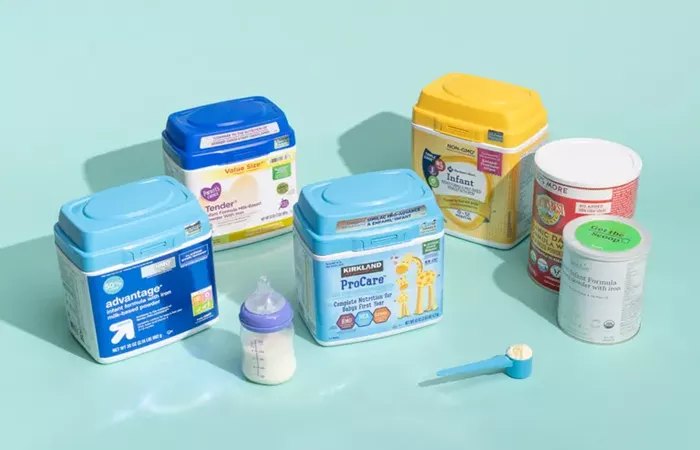President Donald Trump’s new tariff policies could raise the cost of imported baby formula, a crucial product for many American families.
The tariffs remove previous exemptions and impose duties on goods from several countries, including those in the European Union, where popular baby formula brands are produced. In 2022, Congress temporarily lifted tariffs to address a baby formula shortage.
Trump’s tariffs apply to all countries and do not seem to exclude baby formula, potentially reversing the relief Congress provided. While some pharmaceuticals are exempt, baby formula is not on the exemption list, which could raise costs for U.S. families.
The new tariffs set a minimum 10% duty on imports from all countries, with higher rates for those with trade surpluses with the U.S. The European Union, home to brands like HiPP and Holle, will face a 20% tariff.
Tariffs on formula imports from Canada could be especially costly. Experts warn that new tariffs, combined with existing price fluctuations, could lead to significant price increases.
Government programs like WIC, which buys half of the U.S. formula supply, also complicate the market. During the 2022 shortage, government restrictions delayed formula imports.
As the tariffs take effect, experts and advocacy groups are calling for exemptions, but the White House has not clarified whether baby formula will be included.
Related topics:


